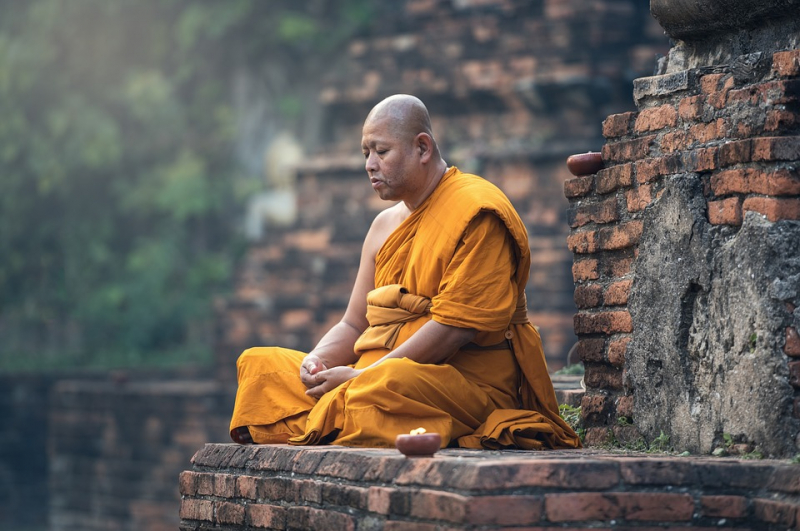Do all Buddhists meditate?
Meditation is an essential aspect of the faith's teachings. The life stories of the Buddha and his enlightened teachings highlight the pivotal role of meditation in attaining wisdom and inner peace. Through quiet, clear, and concentrated meditation, the Buddha achieved awakening and liberated his mind.
In contemporary Western Buddhism, meditation has gained prominence as a fundamental practice, often taught to beginners. However, historical records show that traditional Buddhist meditation was primarily reserved for monastics, and not all Buddhists engaged in meditation until the 20th century. And as put by the scholar Erik Braun, even the relatively few Buddhists in history who found meditation to be essential “have not doubted that one can live a worthwhile and authentic Buddhist life without meditating.”
Interestingly, various schools of Buddhism emphasize alternative forms of practice beyond sitting meditation. Chanting, walking, visualizing deities, and creating ritual art are all embraced to achieve awakening. Tibetan Buddhism, for instance, values sitting meditation alongside prostrations, visualizations, and prayers.
Surprisingly, some popular modern schools of Buddhism eschew sitting meditation altogether. Nichiren Buddhism, based on the Lotus Sutra and originating in Japan during the 13th century, centers on chanting the mantra "Nam-myoho-renge-kyo" as its core practice.
In conclusion, while meditation remains a cornerstone of Buddhism, the diversity of practices within the faith showcases its flexibility and inclusivity. By exploring different paths, practitioners can find profound spiritual fulfillment.












